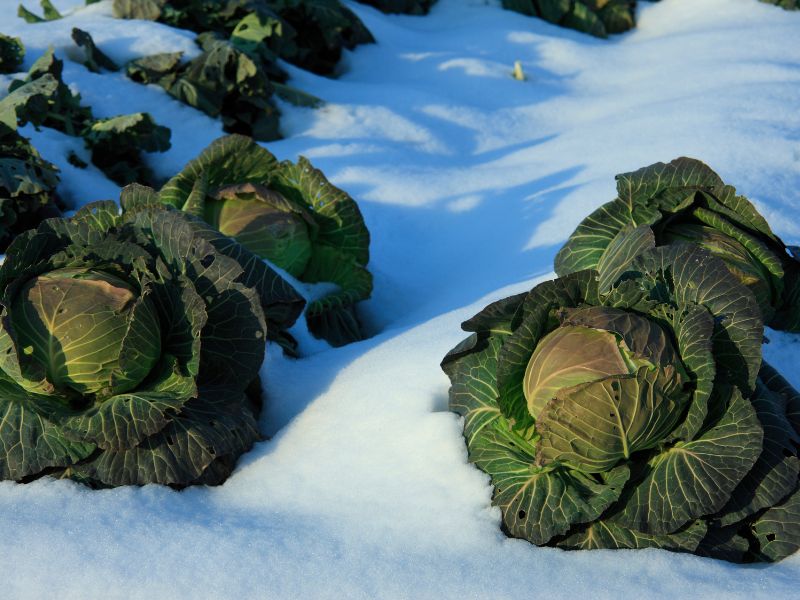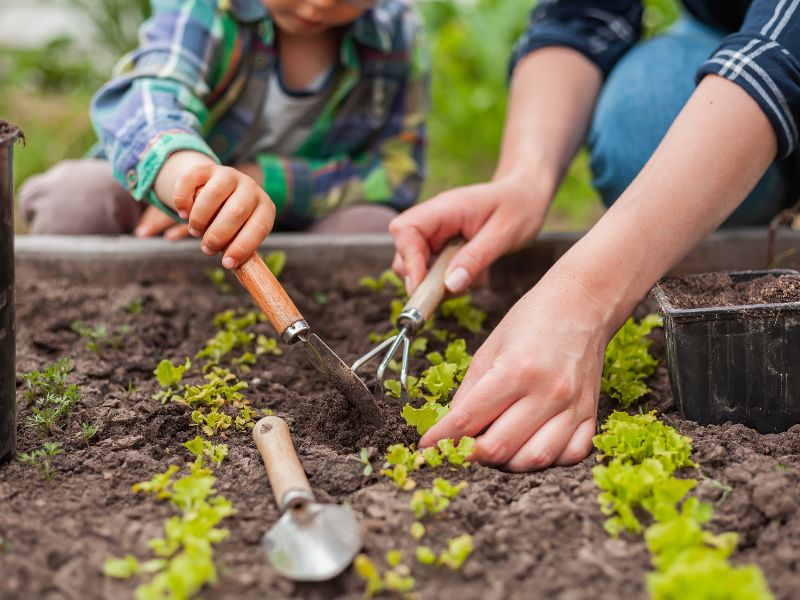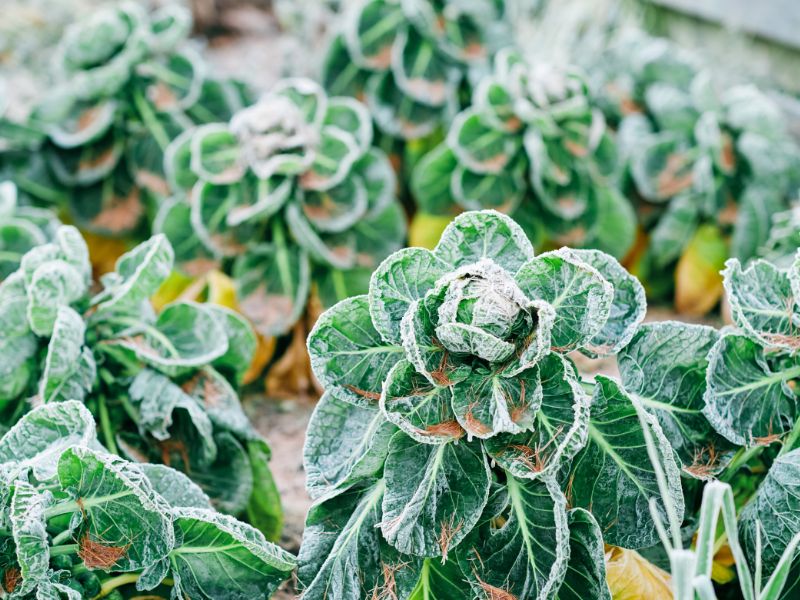Winterizing your vegetable garden is crucial to ensure its health and productivity in the coming seasons. Here are five tasks you shouldn’t skip:
Clear Out Debris And Dead Plants
Remove any dead or diseased plants from the garden. It helps prevent the spread of diseases and pests. Rake up fallen leaves, twigs, and other debris. It keeps the park clean and reduces hiding places for pests.

Canva. com
Mulching
Apply a layer of organic mulch like straw, leaves, or wood chips around the base of your plants. It helps regulate soil temperature, retain moisture, and suppress weed growth. Mulching also provides insulation against extreme temperature fluctuations, which can be particularly helpful in colder climates.
Protect Perennial Plants
Tender perennial herbs or plants like rosemary, thyme, and certain varieties of mint may need extra protection. Consider covering them with burlap or using garden cloths to shield them from harsh winter winds and frost. You can add a straw or leaves around the base of perennial plants for extra insulation.
Properly Store Tools And Equipment
Clean and properly store your gardening tools. Remove dirt or debris, sharpen blades, and oil moving parts to prevent rust. Keep your tools in a sheltered, dry area to safeguard them from winter-related rust and damage.

Canva. com
Soil Enrichment And Testing
Test your soil pH and nutrient levels. This information will help you plan for amendments in the spring. Consider adding compost or well-rotted manure to the soil. It replenishes nutrients and improves soil structure, preparing it for the next growing season.
Tailoring these tasks to your specific climate and the types of vegetables you’re growing is essential. Some plants may have unique winterizing needs, so consult local gardening resources or experts for specific advice.
